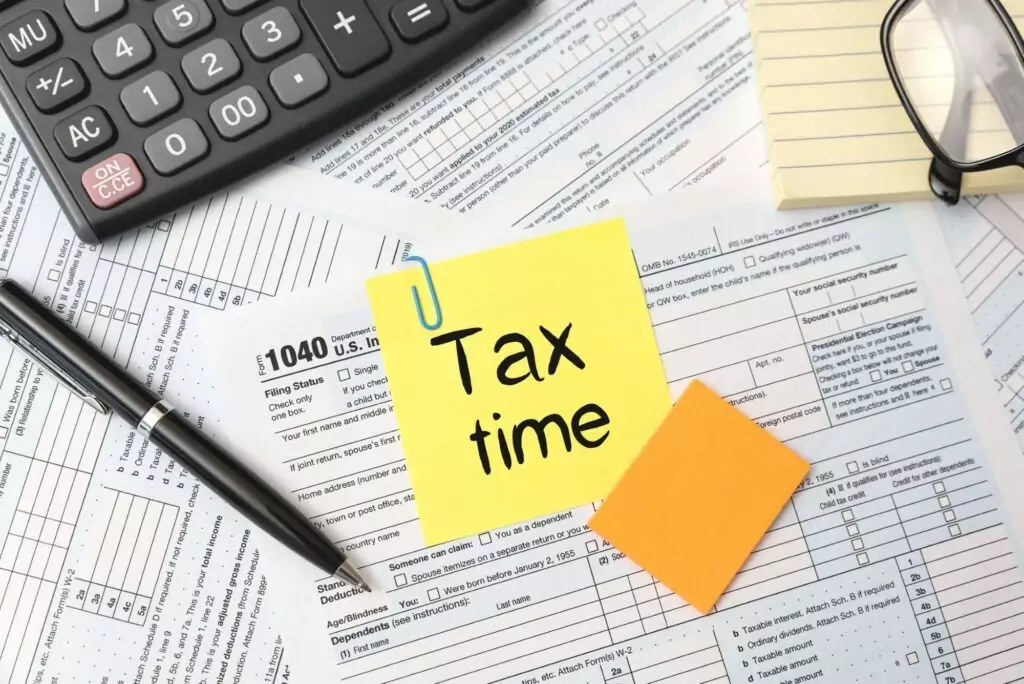Tax season, beginning on January 1, 2024, and ending with the filing deadline of Monday, April 15, 2024, marks a period of heightened stress for many. However, the truth is, tax season should be considered a year-round affair. While that might not sound too appealing, implementing some straightforward strategies throughout the year can significantly ease the burden when tax time rolls around. Here are some document management tips to help you navigate tax season and beyond with ease.
1. File Early
Filing your taxes early offers many benefits:
- If you’re due a refund, you’ll receive it sooner. Opting for electronic filing and direct deposit can expedite the process even further.
- If you owe taxes, filing early provides ample time to prepare your payment, as it’s not due until the filing deadline.
- Early filing equips you with valuable information for major life events. For instance, college students require information from Form 1040 to apply for financial aid, while potential homeowners often need to show their completed tax return as proof of income. Having your tax return ready in advance gives you a head start on paperwork needed for future plans.
- Filing early reduces the likelihood of needing to file an extension, sparing you the added expense and stress of seeking professional assistance.
- Missing the deadline while owing taxes can result in penalties and interest.
- Early submission also helps safeguard against tax return identity theft, a prevalent scam during the early stages of tax season. By keeping your Social Security Number secure and filing early, you can beat potential thieves to the punch.
2. Follow Retention Periods
Understanding the lifespan of your records prevents them from piling up or being prematurely shredded. Always consult with your accountant or tax advisor to determine the appropriate retention periods in compliance with state and federal laws. Partnering with a reliable shredding company helps you ensure adherence to retention dates and proper disposal of documents.
3. Scan Your Documents
Paper-based record keeping is cumbersome and consumes valuable space. Digitizing your tax records allows for quicker and easier sharing of information with your financial advisors. If you lack the resources to digitize documents in-house, consider outsourcing to a scanning professional. They can provide high-quality scans tailored to your storage needs with a level of expertise and quality assurance that is not achievable in-house, facilitating seamless information sharing with your accountant.
4. Shred Your Documents
Outdated tax records pose a significant risk of identity theft. Dispose of records promptly and securely by utilizing a professional shredding company. Avoid simply discarding documents as they may still contain sensitive information. A reputable shredding company ensures complete destruction of materials, mitigating the risk of data reconstruction, and recycles the shredded material to minimize environmental impact.
5. Maintain Backup Copies
Create duplicate copies of your tax records and store them securely.
- Keep one set of copies off-site with a reputable records management company.
- Store digital copies on portable drives or in the cloud to safeguard against theft or damage.
Secure Records Solutions offers comprehensive solutions for year-round tax preparation needs, including records storage, document scanning, and NAID AAA certified shredding. Our services are fully compliant with state and federal privacy laws, ensuring the utmost security for your sensitive information. Simplify your document management process by contacting us at 800-614-0856 or completing the form on this page.



